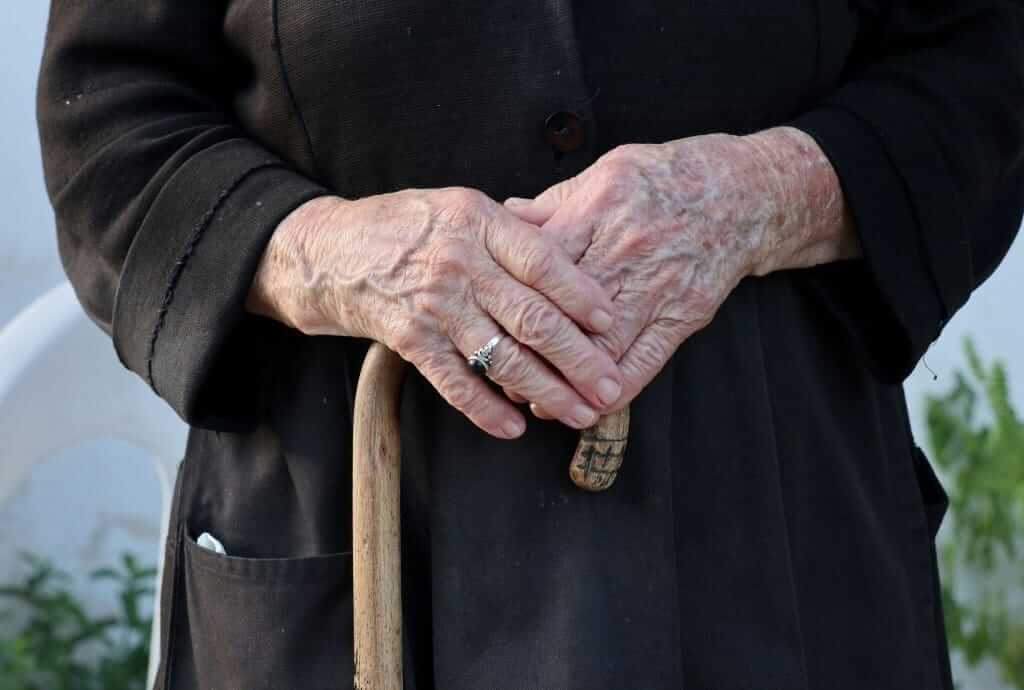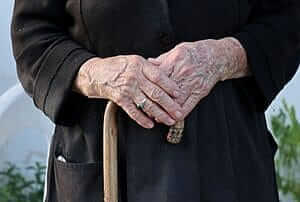Summarised by Centrist
Former National Party leader Don Brash says recent actions by Te Pāti Māori have “put the final nail in the coffin” for Māori seats, arguing they are no longer necessary and now foster extremism and division.
Brash, a long-time critic of race-based representation, cites the party’s “disruptive antics” and “hateful rhetoric” as proof that the Māori electorates have become “the home of the most extreme race activists.”
He notes that Māori MPs today win general electorates and list positions without relying on the Māori roll, pointing to leaders like James Meager, Tamatha Paul, Arena Williams, David Seymour, Winston Peters, and Willie Jackson as examples.
“Why do we need a special spot for [Te Pāti Māori co-leader] Rawiri Waititi to use to undermine our democracy?” asks Brash.
“It is undeniable that Māori do not need a leg up to get proportionate representation,” he writes.
Brash notes that the original justification for the seats, introduced in 1867 when Māori were excluded from voting due to communal land ownership, no longer applies in modern New Zealand.
“The 21st century calls for unity, and the Māori seats are a legacy of a different time,” he writes.
He cites the 1986 Royal Commission, which recommended that the Māori electorates be abolished if New Zealand moved to MMP – a recommendation ignored by the Bolger government. “Nearly 40 years later, they remain,” Brash says.



















